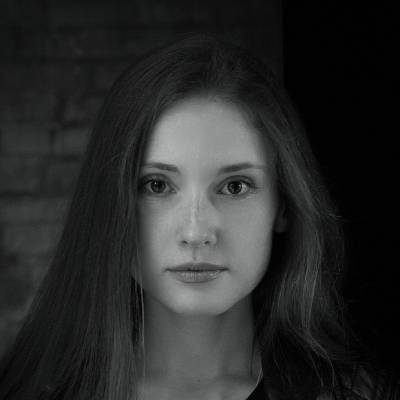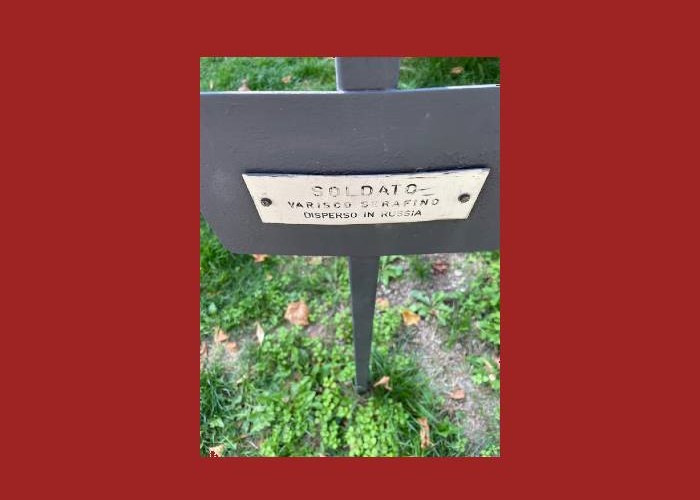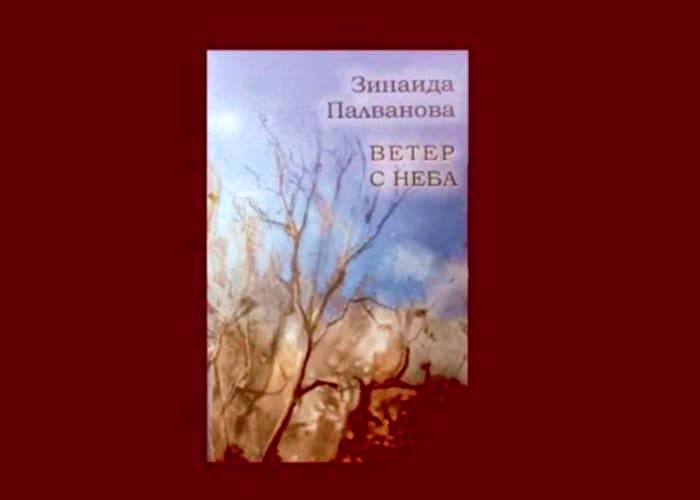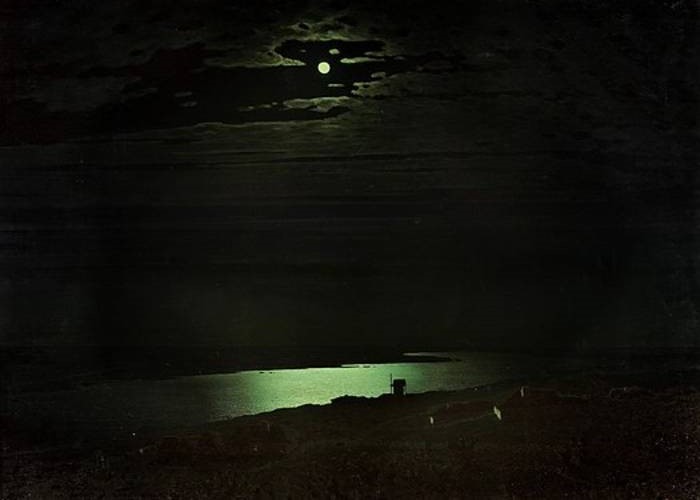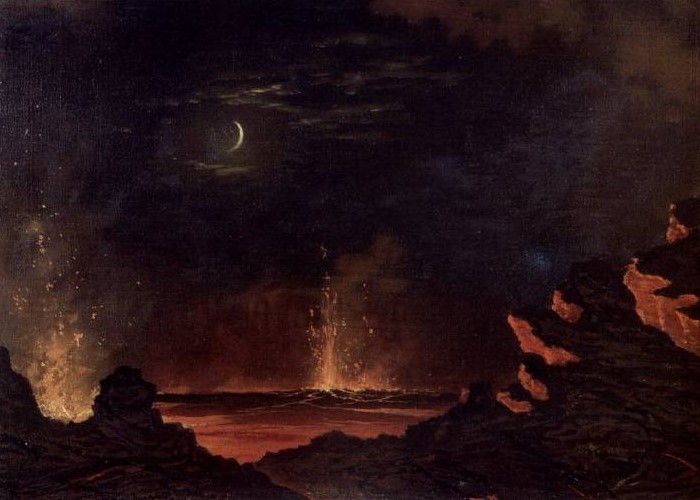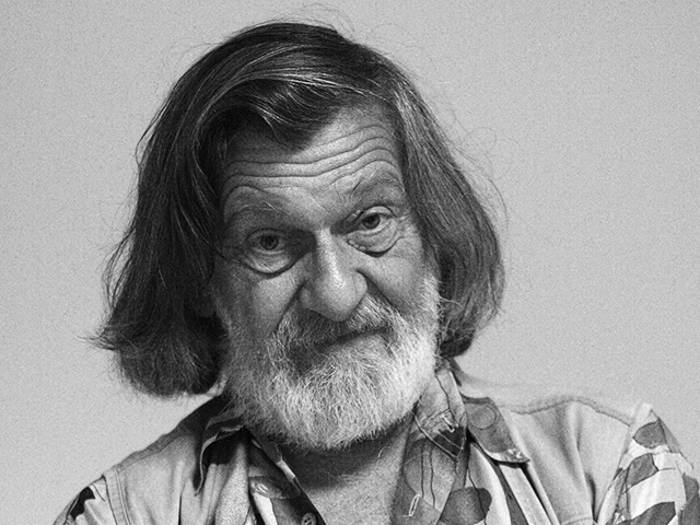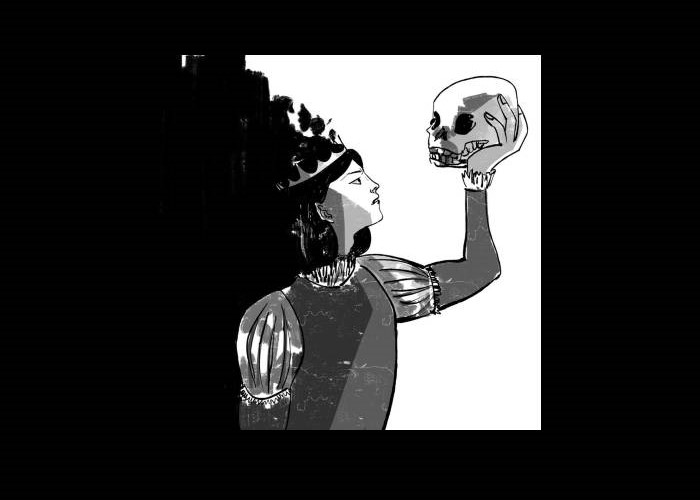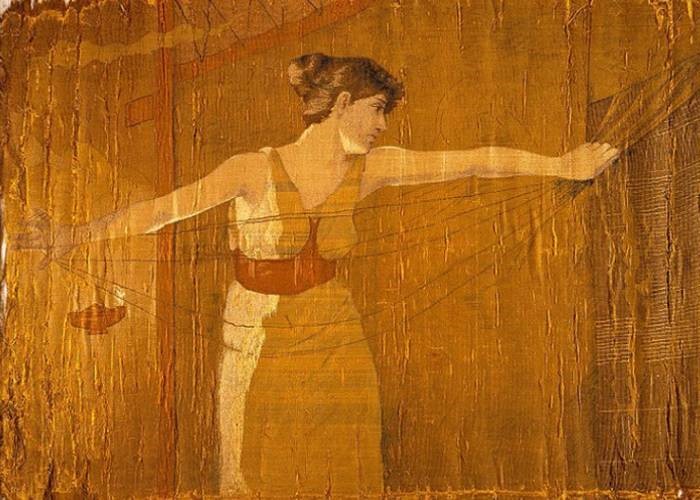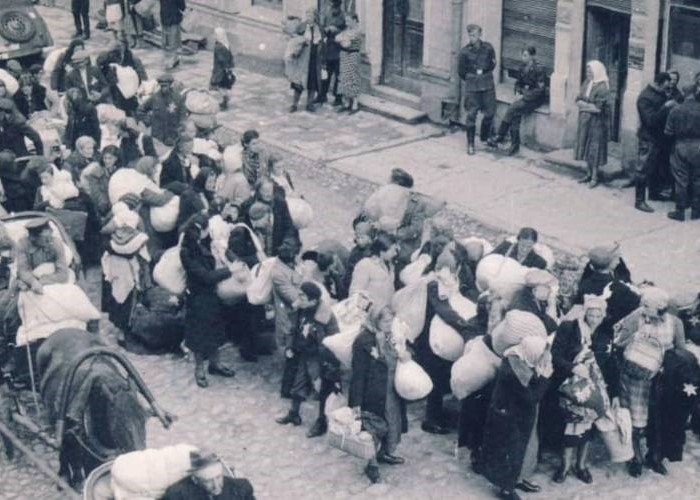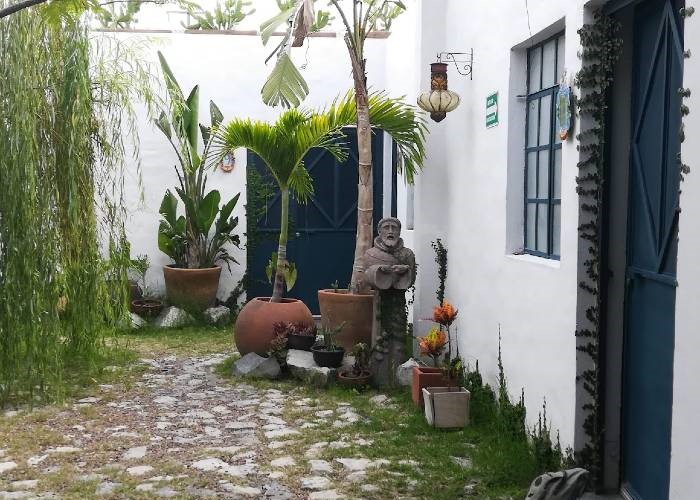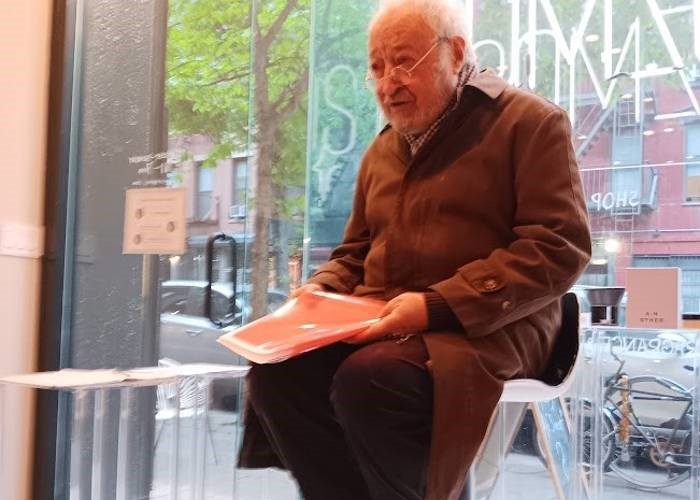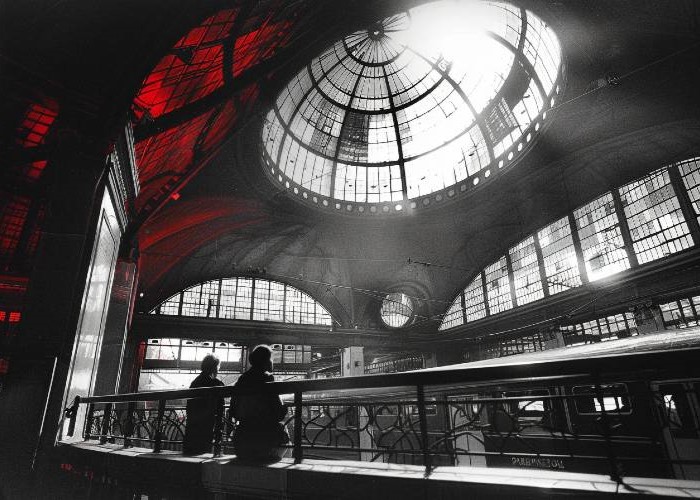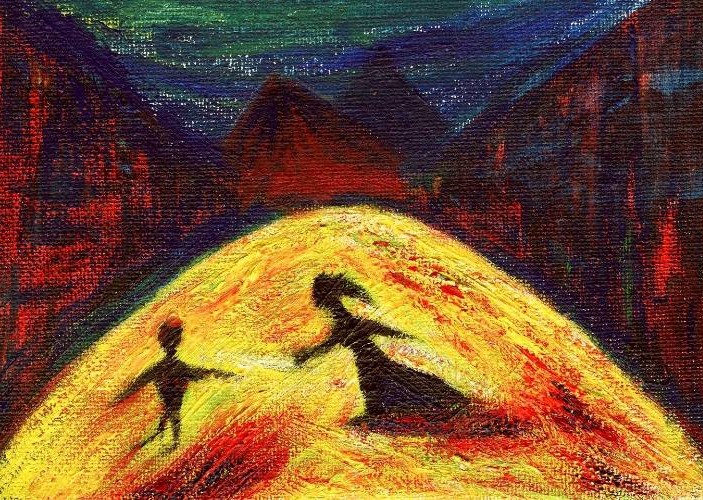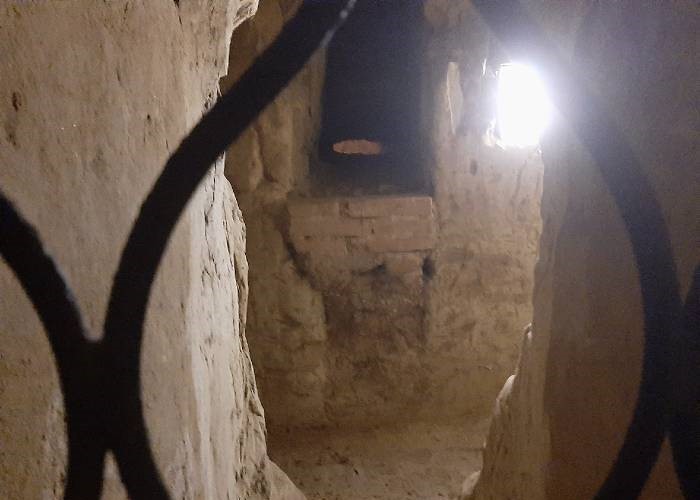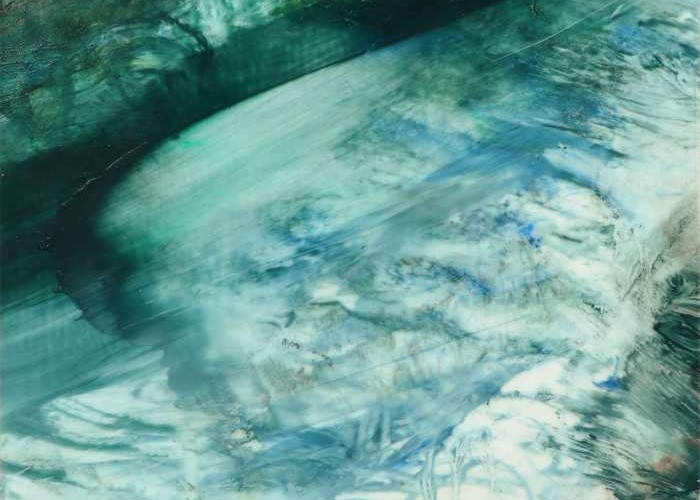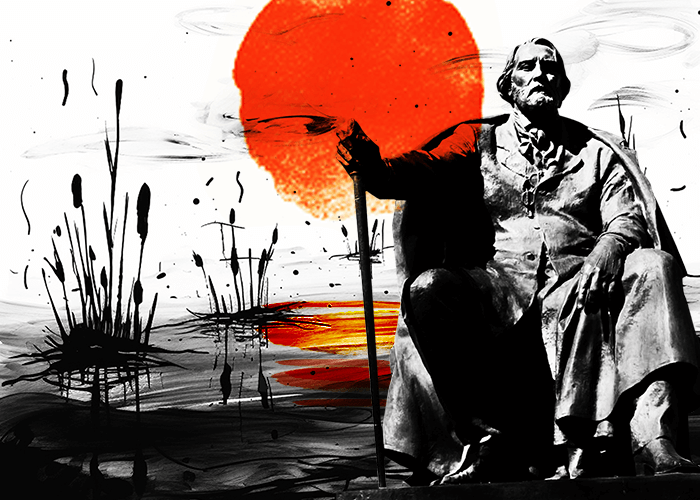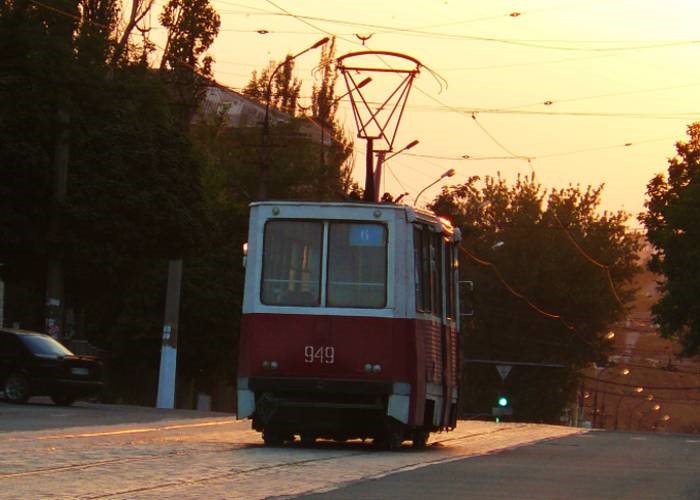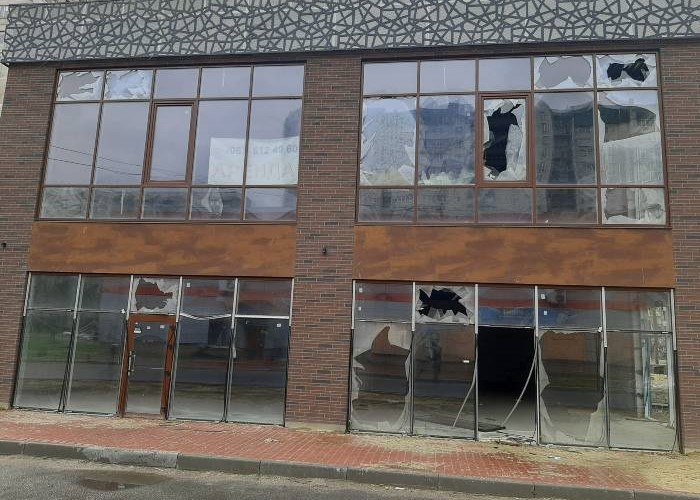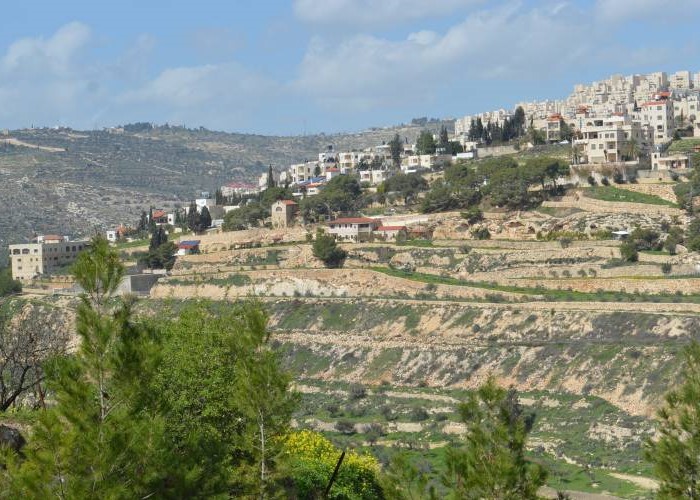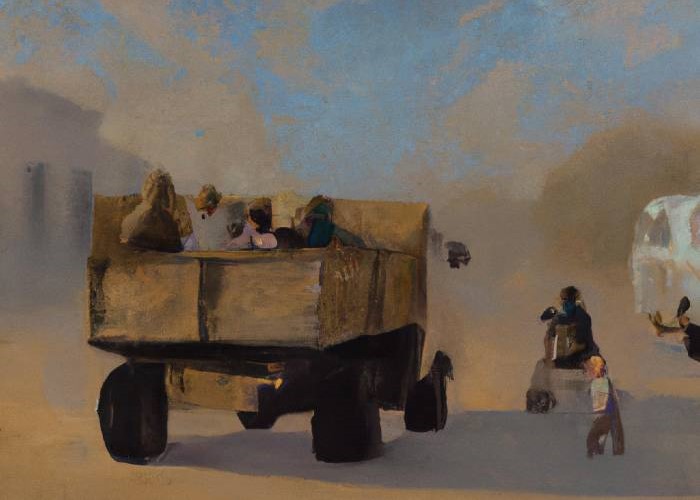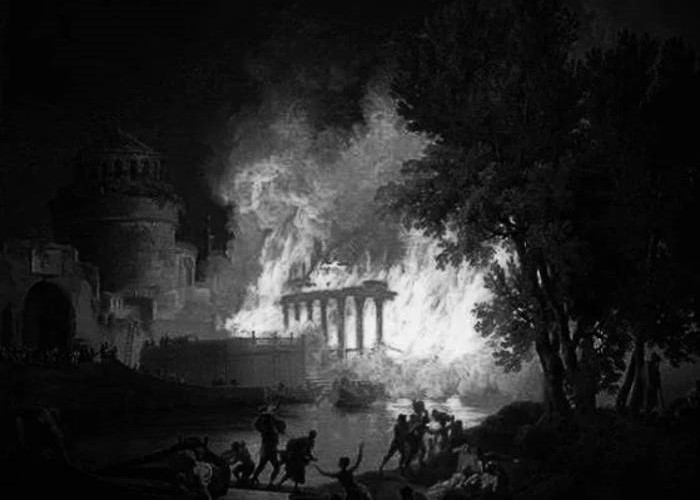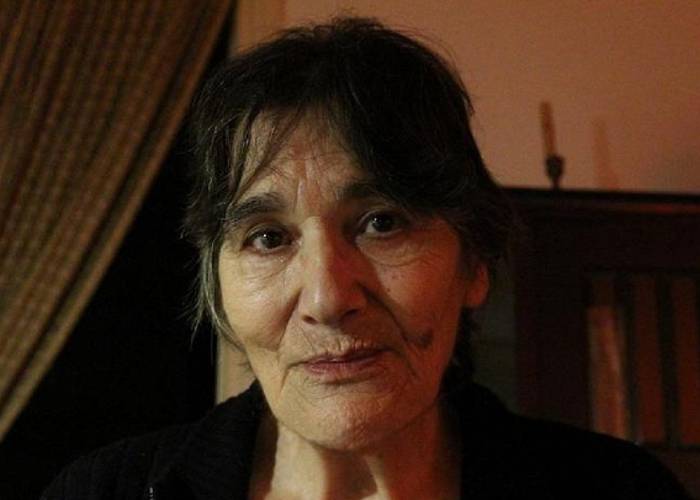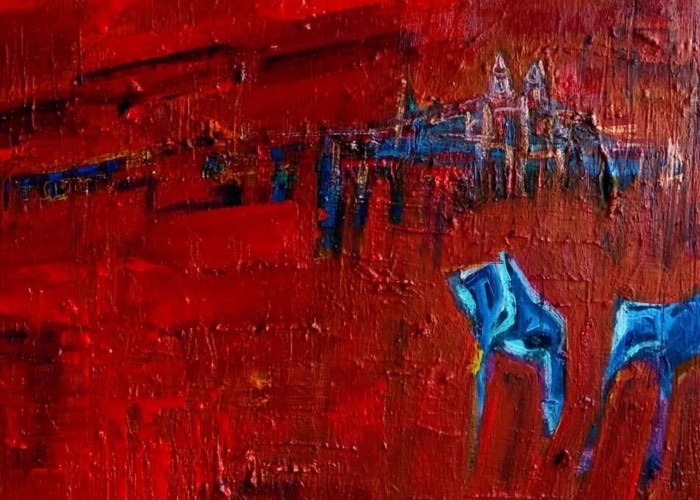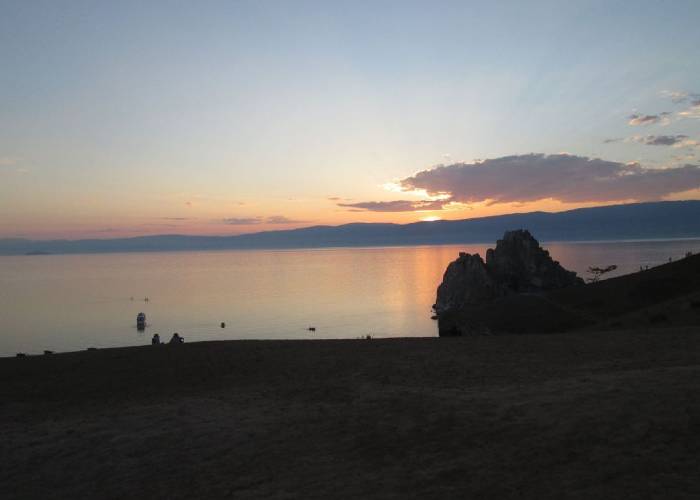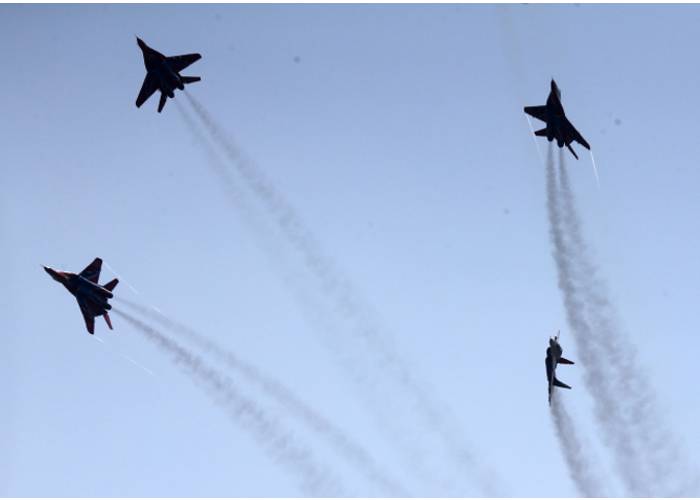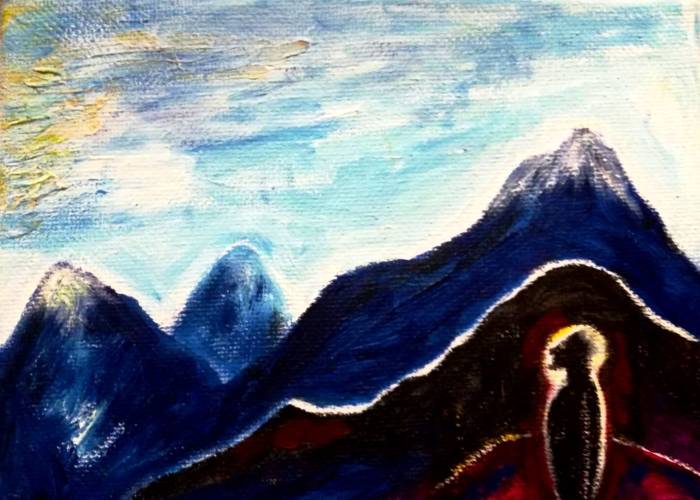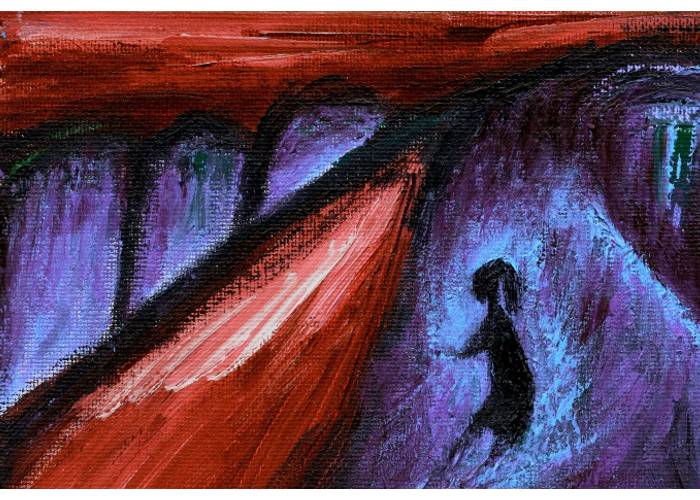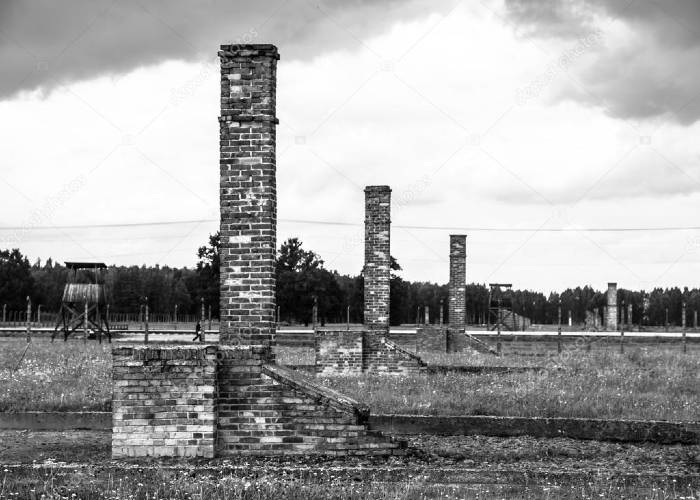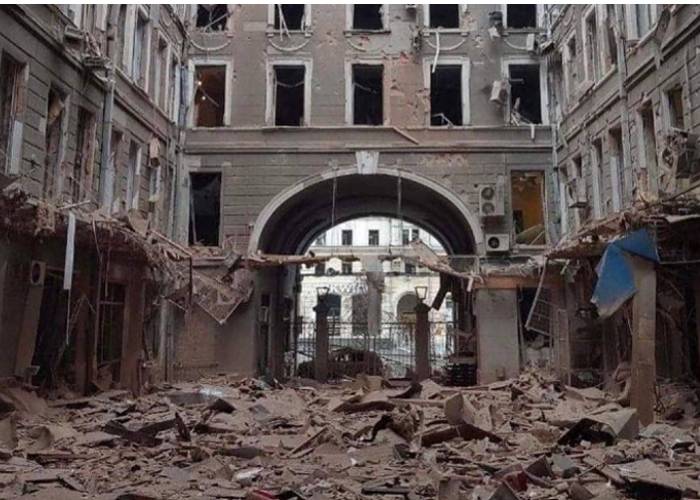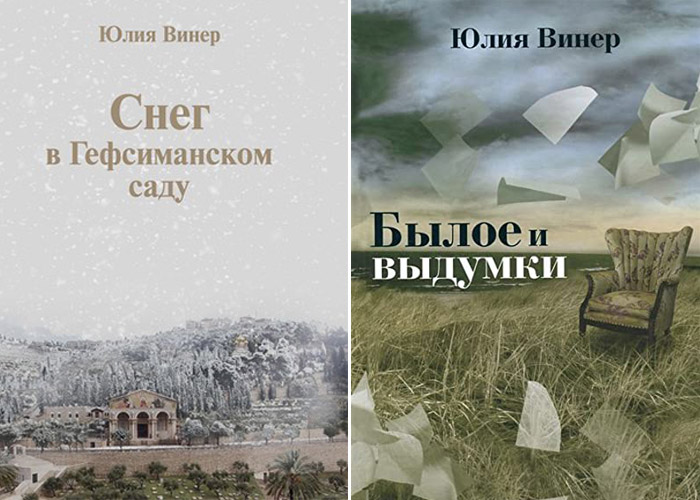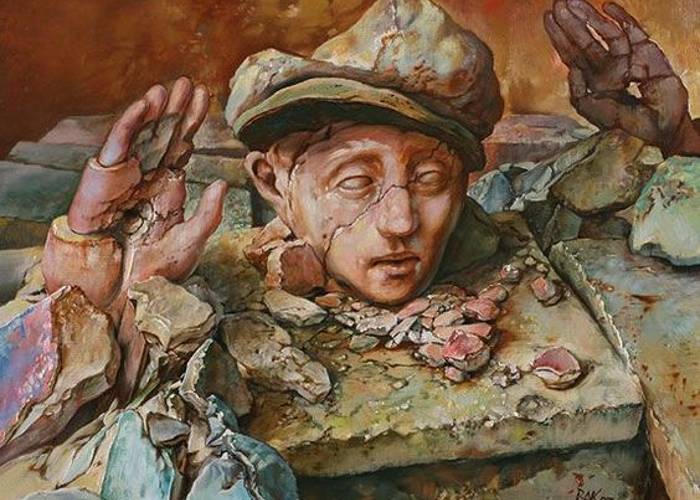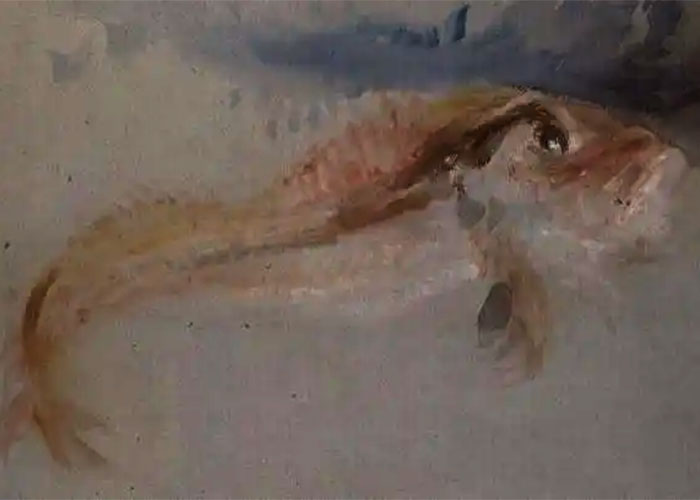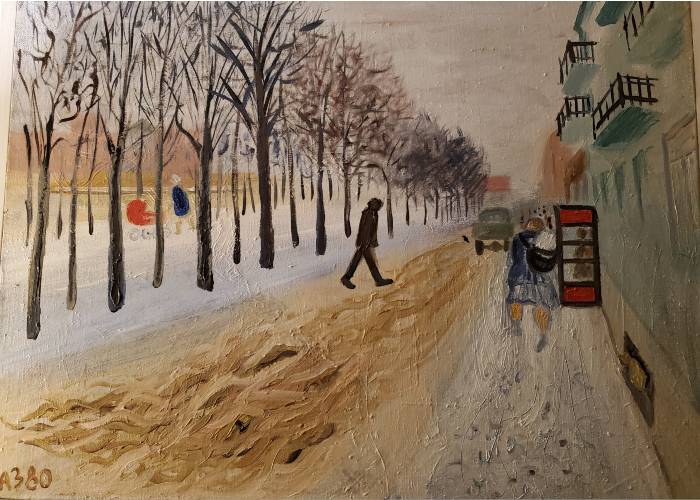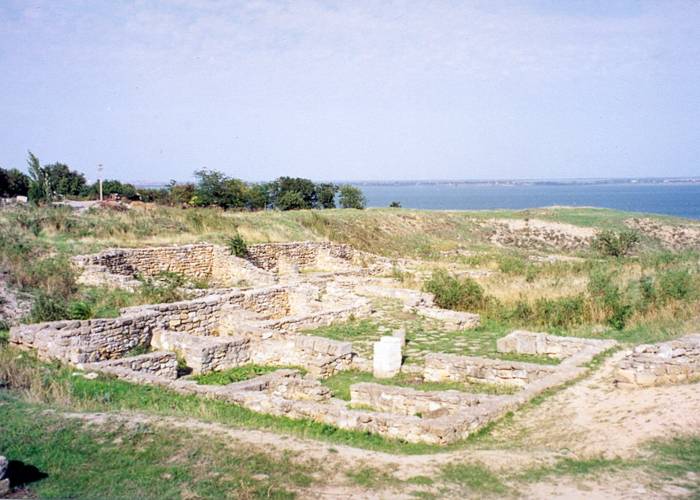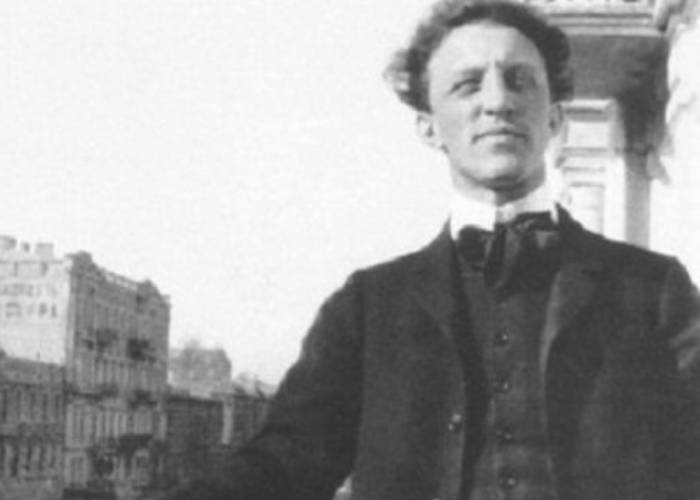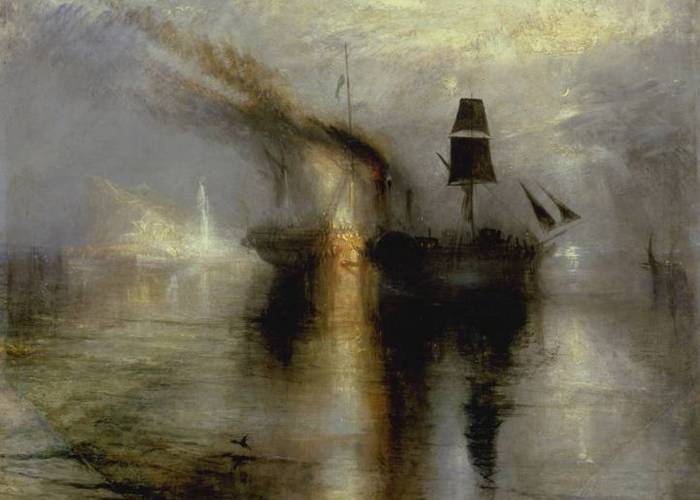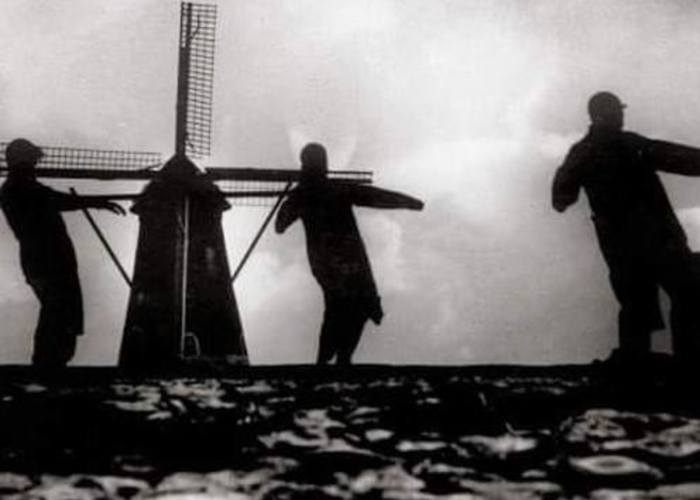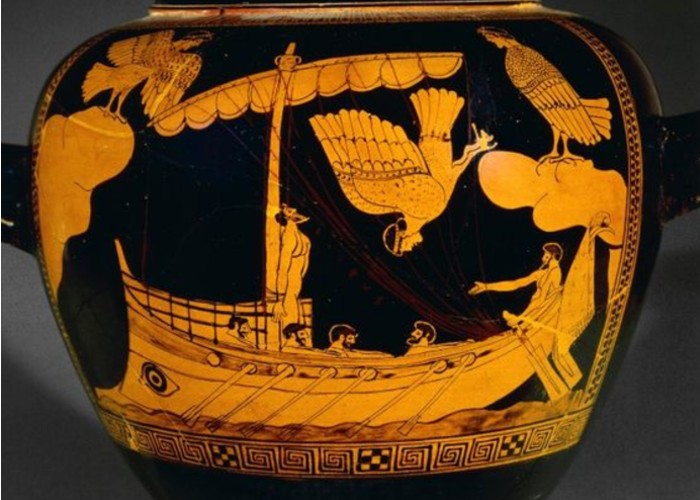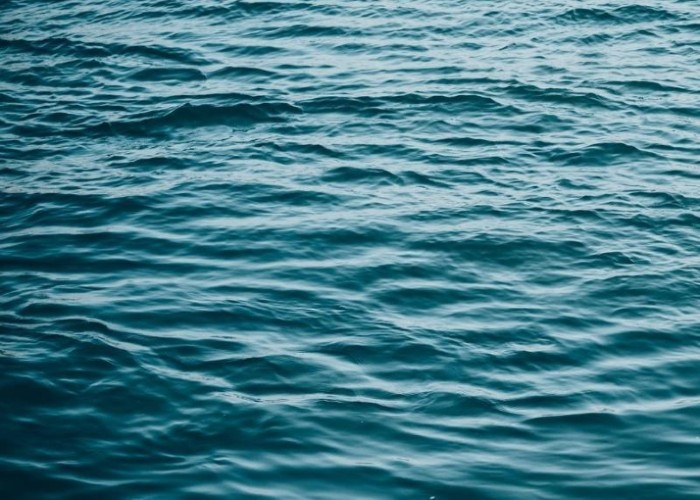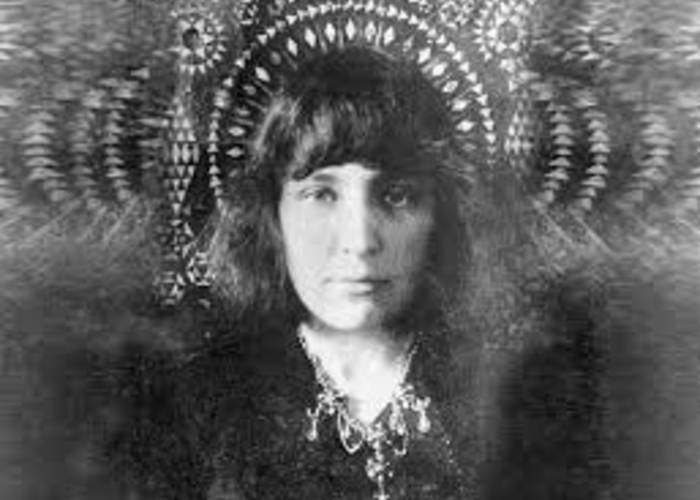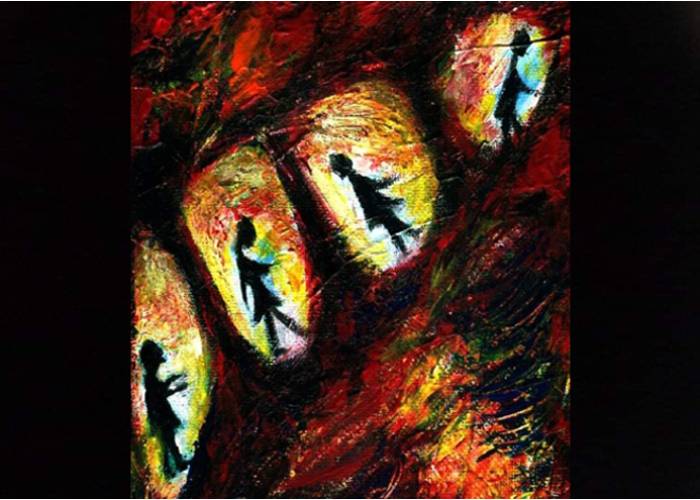walking, i walk for a long time, long like in a dream
meeting, i meet the wind, like a daughter behind barbed wire
in camps for the unborn
– tell me where your daddy nikolai is, tell me
where is my life the way you never saw it?
– can you find a man by a name?
– by the memory of a name
– by photograph
– by passport number
– by the trace of a word, by the meaning
– by what he meant to me
– no, says the hereditary fed, you can’t
your mind is your best investigator
look for the cute nicknames you gave each other
for the names of his dead dogs, for the distinctive
way he talked, his internal malfunctions
his personal fluctuation in cyberspace
even if that fluctuation has long been created only by you
and you yourself go like a lost submarine
to your own s.o.s signal, hanging in silence for ten years
– poetry should be a search
the leftist intellectuals say
not because they’re left-wing, but because
all intellectuals here are leftists
but what do they know about search?
the search is only possible with the help of
the state machine
the mechanisms of power and the people you know
that’s why i drink with cops after i drink with intellectuals
with both, we discuss the search, but the cops bring results
“his passport flies between pulkovo, sheremetyevo and sochi*”
with or without him
the passport flies
and I’m creeped out by these words
“between pulkovo and sheremetyevo”
his body without organs flies
(children like to dismember themselves
and see what’s inside)
his dead dog flies
his becoming-imperceptible
his loneliness flies
“between pulkovo and sheremetyevo”
he controls it remotely
he practices distance from himself
that’s where we all ended up
sex with him was only possible as an assumption
isn’t that always the case between two bodies limited to themselves?
tomorrow I’ll try sex with a woman, the day after with a mycelium without a mushroom
what will be left of me? will there be more than now?
there is always more left
than there was
– that’s why, baby, your daddy nikolai has already grown to myth
to rhizome, to meta-metaphor
strangers cry over our story
they go into it with zeal
they make it their own, or rather they relate themselves to it
according to the concept of multiplicity
to search for a person is to study
the genealogy of subjectivity
does it mean to love?
– to love means to let go, says mom
traps lie in wait for the line of escape
a failed line leads
to death / to fascism / to itself
– he’s gone, says his friend dima
there are two of him, two biographies, two names
one was for us, the other, no one knows
don’t look for him, it’s dangerous
dima, he’s more than two, he’s total, but even so
for ten years I’ve been shouting into the void i love you
for ten years I’ve been writing documentary poetry
going to move to africa
and watch from the window as the subtropical night
is teething with baby stars
writing messages to a girl
with two sub-personalities who
love me equally
and i try to save them from each other
and then my daughter comes i come to my daughter
to the camps for the unborn
and say, where’s your daddy?
– daddy left us, she says
before you two gave me life
but after he wanted me
our daddy’s a scout, our daddy’s a cybercriminal
he dissolved his identity in post-industrial acid
daddy didn’t go to heaven, he went somewhere actually better
if it were worse, he’d come back
and the scary thing is that it’s the truth
it’s post-truth
but still, i don’t believe it
~ ~ ~
*Airports in St. Petersburg, Moscow, and Sochi.
